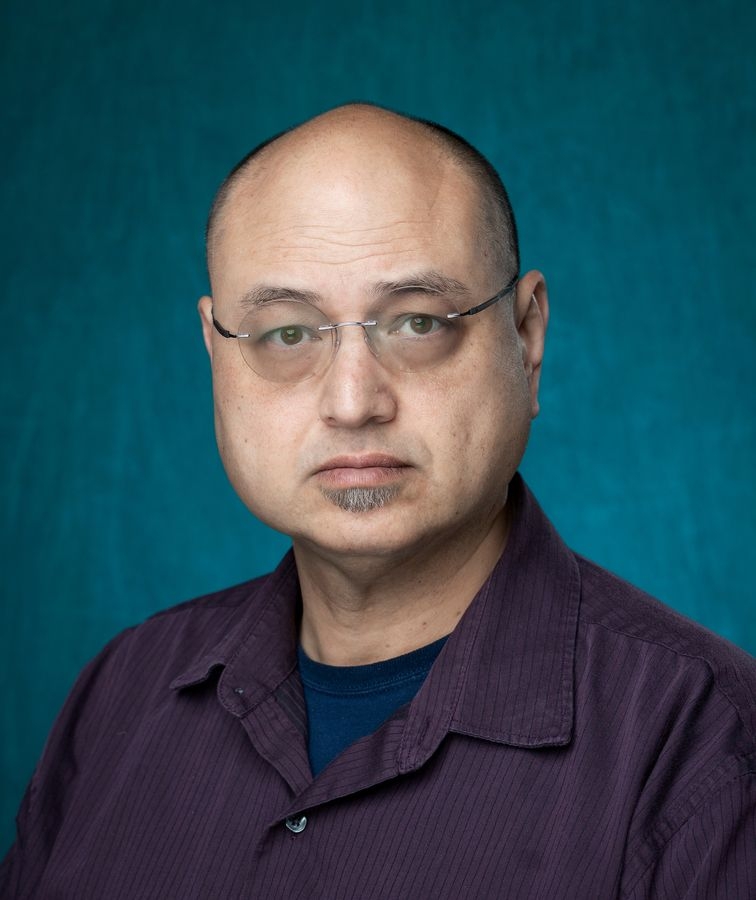Leland L Rogers
Assistant Professor
Dr. Rogers is a Biological Anthropologist and Central Eurasian specialist specializes in ancient DNA (aDNA) and population genetics research and the domestication of humans and animals and it's impact on human societies. His research has focused mainly on ancient Mongolian populations as well as animal remains in relation to past human societies. He is the manager of the Rogers aDNA laboratory at UNCW, which is a dedicated clean laboratory for aDNA and Forensic research. Current aDNA research includes but is not limited to Pre-Columbian domesticated dogs and their place within the society of pre-Columbian Costa Rica, cattle management among slaves and slavers in the United States of America during the period of slavery, and the genetics of the imperial house of the Xiongnu polity (209 BCE-152 CE) in Mongolia from the Yamaan Us archaeological site. Before coming to UNCW in 2022, he conducted postdoctoral research at the University of Kiel, Germany, and the University of Manchester, England, concerning the dynamics of sheep domestication in Central Eurasia. Before this he conducted postdoctoral research at the University of Illinois at Chicago, and Yale University on aDNA of horses and cattle from the Mongol steppe. Dr. Rogers' dissertation is a monograph titled "Understanding Ancient Human Population Genetics of the Eastern Eurasian Steppe through mitochondrial DNA Analysis: Central Mongolian Samples from the Neolithic, Bronze Age, Iron Age and Mongol Empire Periods", published on ProQuest in December of 2016.
Education
Double Ph.D. in Anthropology and Central Eurasian Studies, Indiana University, Bloomington
M.A. in Central Eurasian Studies, Indiana University, Bloomington
B.A. in English Literature, Columbia University
Specialization in Teaching
Dr. Rogers teaches many of the Biological Anthropology courses here at UNCW, including Introduction to Biological Anthropology (ANT210/ANTL210), Human Origins (ANT320), Human Biological Variation (ANT324), Human Osteology (ANT326/ANTL326), and Domestication (ANT304). If schedules permit, he is planning to offer a four-field approach anthropology course called "Horsemen from the Steppe", a course focused on the mobile pastoralist societies originating from the Eurasian Steppe belt and their impacts on Eastern and Western sedentary agriculturalist societies, and a four-field approach course called "The Peopling of the World by Anatomically Modern Homo sapiens", which follows human migration out of Southeast Africa starting around 250,000 years ago and ending with the European colonization period around 1500CE and focuses on the integration of biological data, archaeology, linguistics, culture and history to better illustrate the human story.
Dr. Rogers is offering directed individual studies in aDNA research for select upperclassmen in his aDNA laboratory in Sartarelli Hall at UNCW.
Research Interests
Dr. Rogers is currently conducting research in the ancient populations of Mongolia, focusing on the Iron Age and Mongol Empire periods, as well as conducting research in the influence of the domestic dog on Pre-Columbian Costa Rica, as well as cattle management through the lens of ancient DNA analyses among slaves and slave owners in eastern North America during the slavery period of the United States of America. He is the primary investigator for the Biological Anthropological aspects of the archaeological site, Yamaan Us, in Uliastai province in Mongolia, which is the first site to yield individuals from the primary burial of the most elite "terraced" graves of the Xiongnu polity from the 3rd century BCE to the 2nd century CE.

